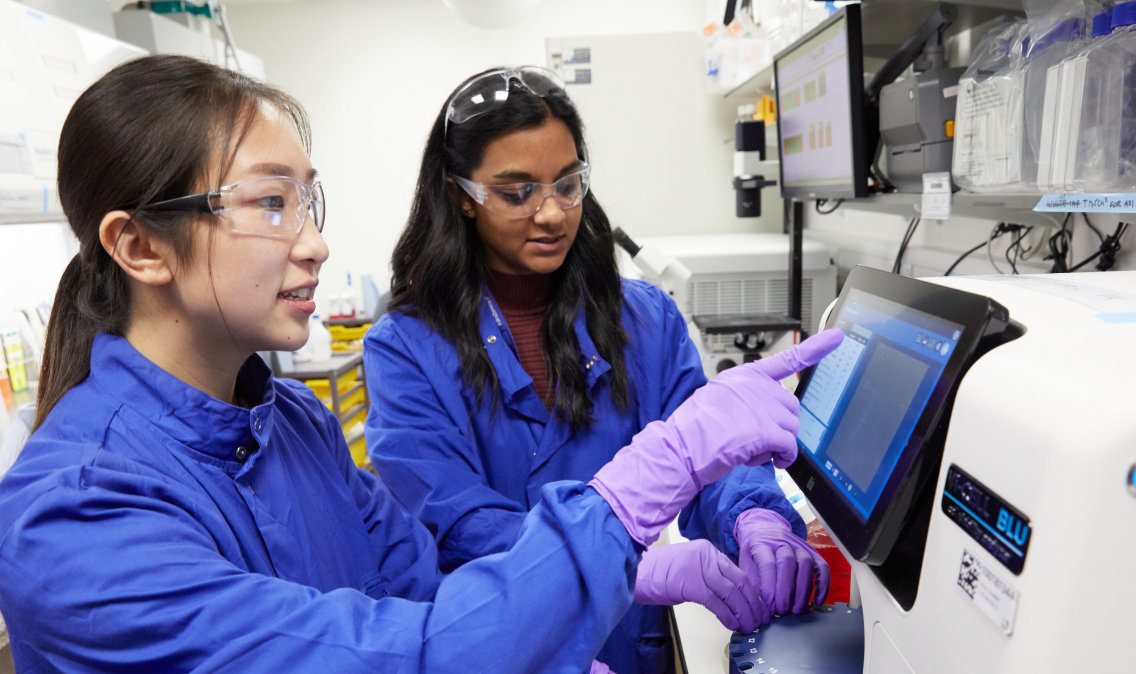Facilitating Access to Research Tools
CancerTools.org is a centralised resource that simultaneously permits scientists to either deposit or acquire tangible research materials that would help to advance their research. Over the past year, the organisation continued to rapidly expand its offering and global community of researchers, and initiated an array of unique collaborations with academic institutes and some of the finest global cancer centres.
Continue

The CancerTools.org team at the 2023 Annual Meeting of the American Association for Cancer Research in Orlando, Florida.
What’s new with CancerTools.org
CancerTools.org is the first of its kind: a non-profit, cancer-focused biorepository where researchers can deposit research tools developed in their labs, including antibodies, cell lines, organoids, small molecules, mouse models, cell culture media and other state-of-the-art technologies. With our in-house production and global coverage, we can produce, store and supply these tools to fellow scientists to use in their research and deepen our understanding of cancer and drive innovation.
Since launching in April 2022, we have successfully enhanced the number of partnerships with academic institutes to democratise research tools globally, which is central to the mission at CancerTools.org.
This year CancerTools.org partnered with one of the leading and most technologically advanced cancer hubs in North America: Fred Hutchinson Cancer Center. Through our collaboration with its Business Development & Strategy group we brought in a host of monoclonal antibodies generated by Fred Hutch researchers to offer to the wider cancer research community. From antibodies against CD34 and CD44 to multiple integrin proteins, these are the fundamental disease biomarkers that further our understanding of the nuances associated with cancer biology and its development.
With a shared mission of driving innovation and accelerating the development of new inventions, this is a significant partnership for CancerTools.org to enhance the reach of the scientific advances from Fred Hutch researchers.
To further support cancer research across the globe and advance scientific knowledge, another important partnership this year was with Oregon Health & Science University (OHSU). Their researchers from the Department of Cell, Developmental and Cancer Biology deposited novel antibodies that can be used to evaluate active- and slow-cycling cell populations, particularly bidirectional plasticity with Lgr5-expressing stem cells.
Growing and nurturing such partnerships demonstrates our commitment to new resources and capabilities in providing cancer-specific research tools to academic and commercial researchers.
